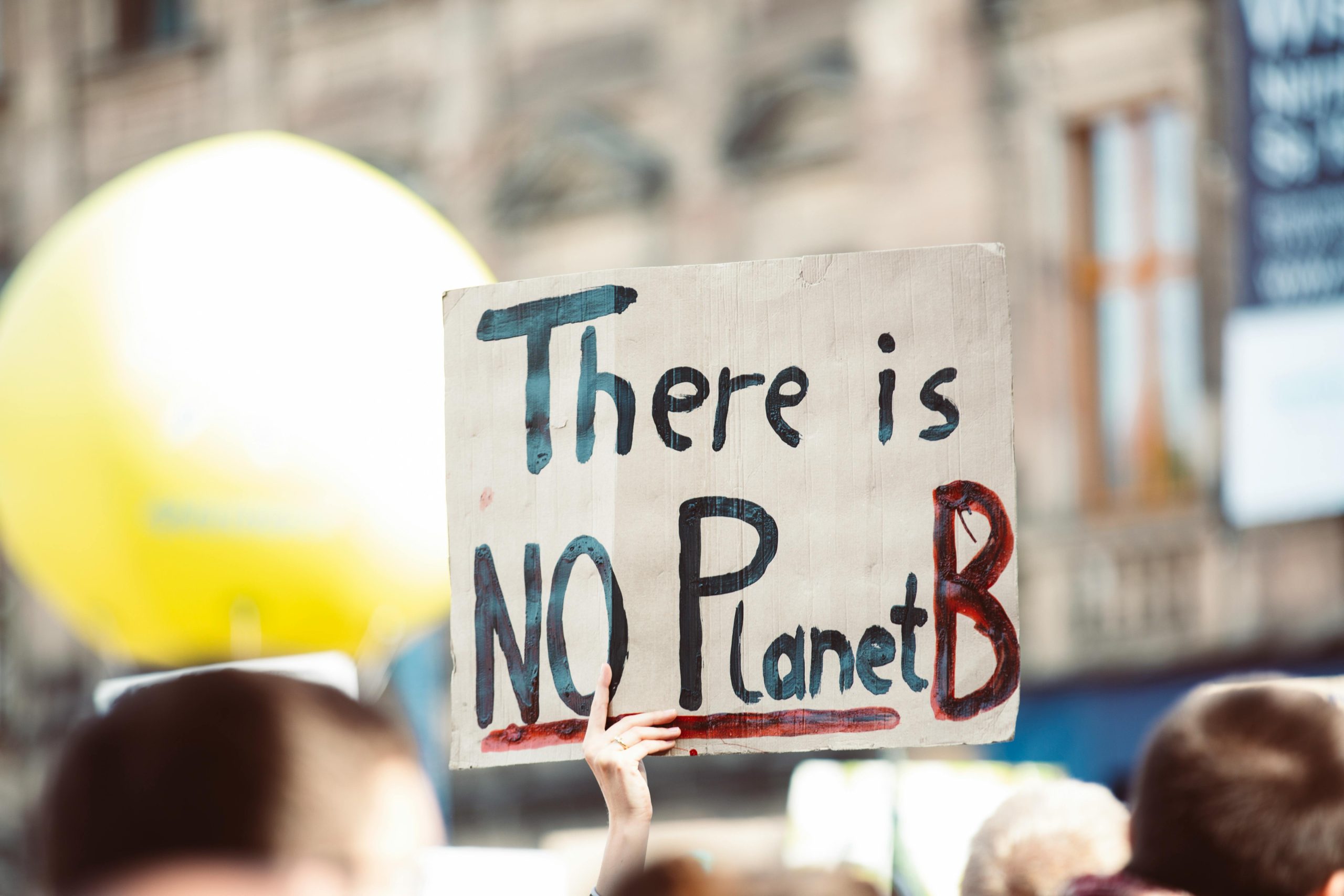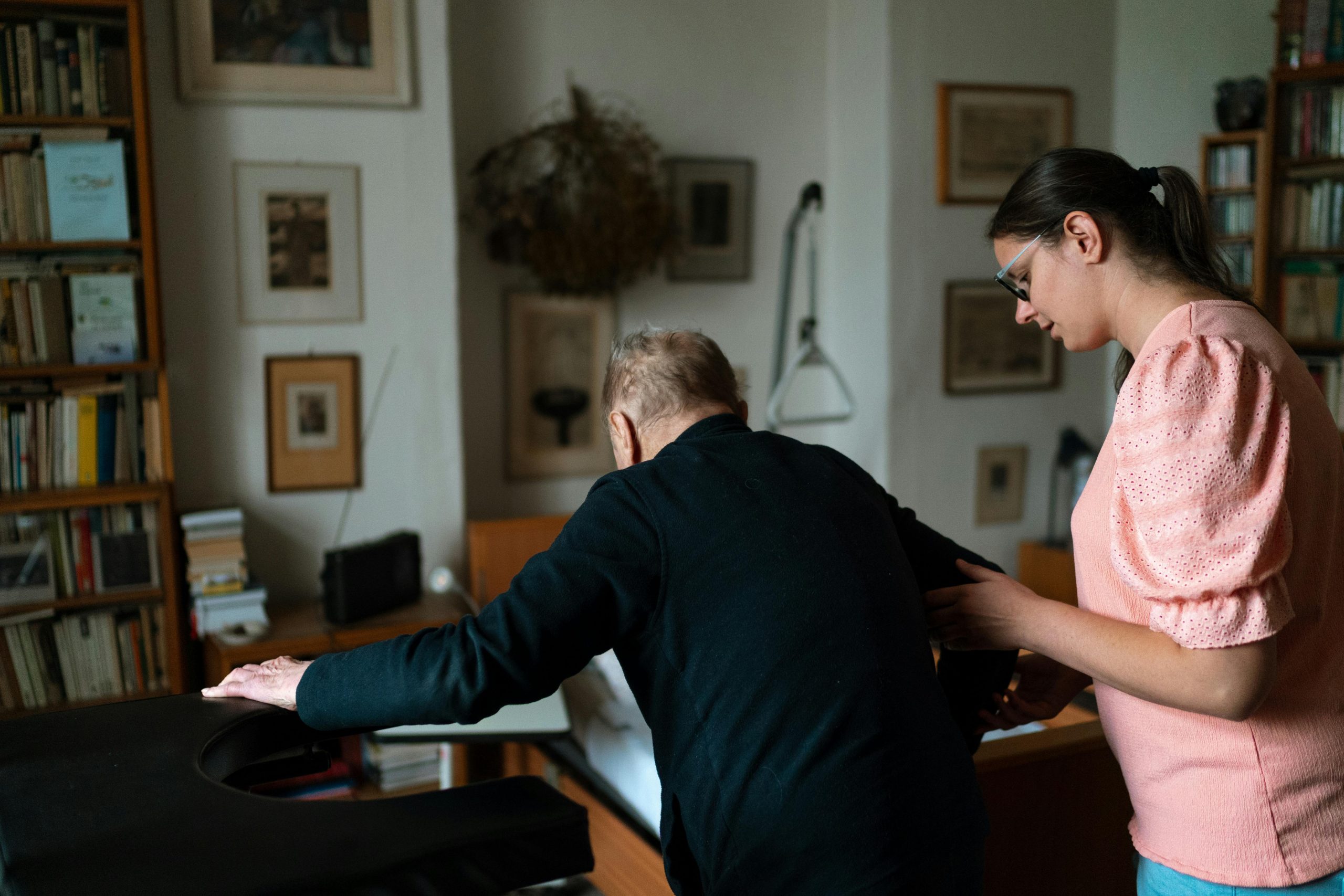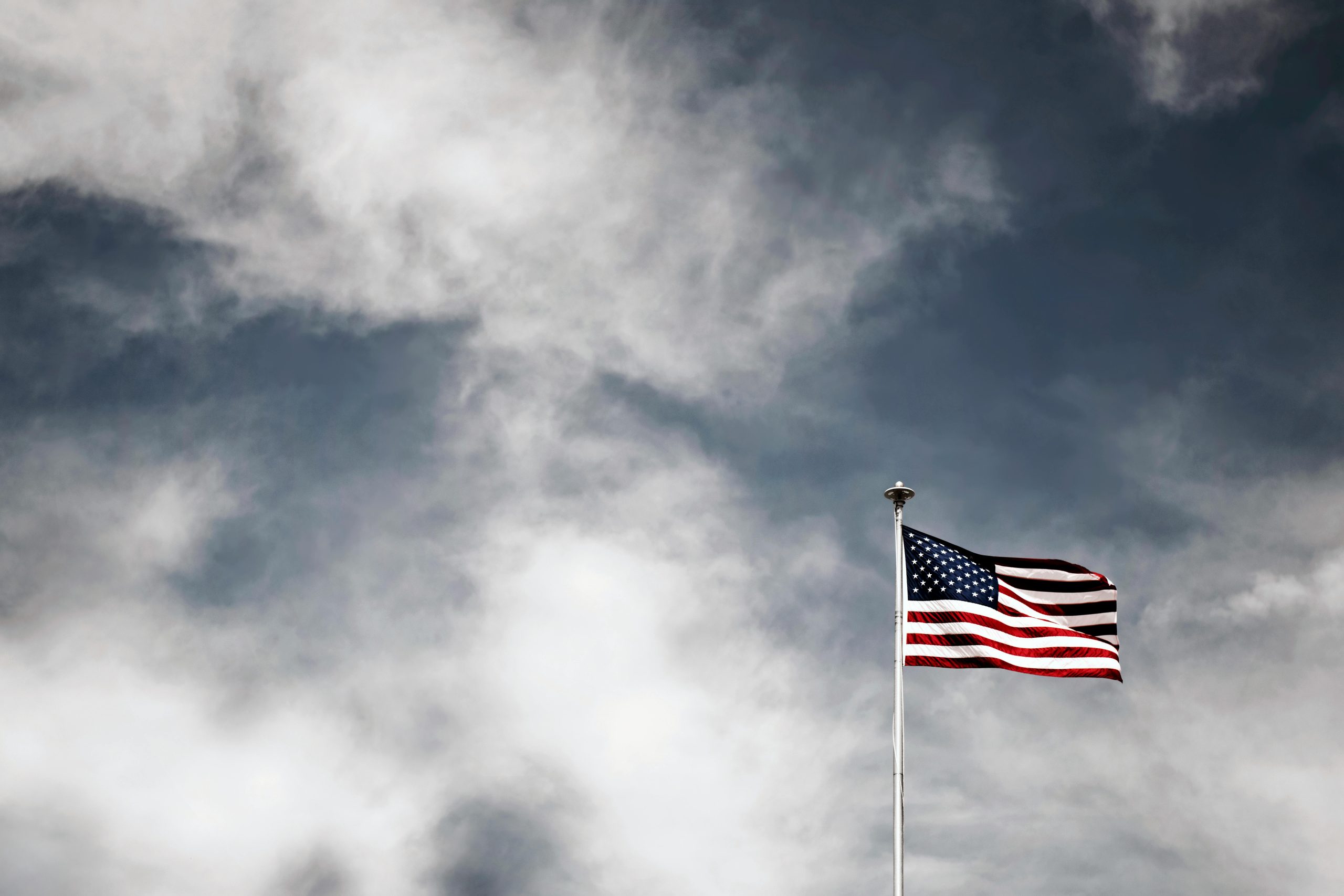Climate action in Strasbourg for fighting to protect the planet!

European states, including the Czech Republic, should take note of a new ruling regarding climate litigation issued by a court in Strasbourg, according to experts. Similar lawsuits are on the rise, and the Czech judiciary has already been dealing with its first climate lawsuit for several years. Why is this becoming a growing phenomenon? And what significance does the case in which the Strasbourg court sided with Swiss seniors hold?
The decision has caught the attention of many. For many, Switzerland might not be perceived as a country with a problematic approach to climate protection. Nevertheless, the Swiss state became the losing party in a case where the European Court of Human Rights (ECHR) in Strasbourg dealt with a climate-related issue for the first time ever. However, Tuesday’s verdict should not escape attention elsewhere.
“It’s a clear message to other governments of the Council of Europe that if they do as little as Switzerland, and other complainants turn to them (the Strasbourg court), they can also lose,” comments Hana Müllerová, who heads the Center for Climate Law and Sustainability at the Institute of State and Law of the Czech Academy of Sciences. The Czech Republic is also a member of the mentioned Council of Europe – a pan-European international organization under which the ECHR operates.
Specifically, the European Court of Human Rights assessed a lawsuit brought by a group of Swiss seniors (KlimaSeniorinnen). According to them, Switzerland is not doing enough to combat global warming. At the same time, they claimed that as a group of women seniors, they are particularly vulnerable to high temperatures and other impacts of climate change. Judges in Strasbourg ruled in their favor and decided that Switzerland had violated the European Convention on Human Rights.
According to the ECHR, Switzerland is doing too little to fulfill the obligations it has committed to in international conventions. “It had too low targets and did not have a good timetable plan for the transition to climate neutrality,” Müllerová adds in an interview for the 5:59 podcast.
Climate lawsuits on the rise
The expert from the Institute of State and Law considers the decision a “milestone” in the context of so-called climate lawsuits. Their number has been sharply increasing in recent years. Various individuals or organizations are turning to courts to compel states to take greater climate action. The Czech judiciary is also dealing with its first climate lawsuit. For the time being, the court rejected it, but according to Müllerová, the fresh ruling from the ECHR may play a role in reviving the case.
“The ‘Czech case’ remains in the hands of domestic courts, but the ECHR has also received other climate lawsuits originally dealt with elsewhere in Europe,” Müllerová says. According to her, there are about half a dozen of them awaiting review in Strasbourg.
“The trend of climate lawsuits – or climate litigation – is indeed growing. And it has been growing the most since the conclusion of the Paris Agreement in 2015,” says the climate law expert, referring to the treaty in which states committed to keeping global warming below two degrees Celsius. However, according to Müllerová, the problem lies in the fact that the document created in the French capital does not contain strong mechanisms for enforcing these commitments. The result is a “legal detour” in which various plaintiffs turn to domestic or international courts.
At the same time, climate lawsuits often attract considerable attention. “It’s an interesting and even attractive means; they get media coverage. So they are more likely to reach more people than just information that a law has been passed somewhere (regarding climate protection),” says Hana Müllerová. According to her, the fact that there are concrete stories of people affected by climate change behind the lawsuits makes the essence of the problem more understandable to the public.
Photo source: www.pexels.com
Author of this article
WAS THIS ARTICLE HELPFUL?
Support us to keep up the good work and to provide you even better content. Your donations will be used to help students get access to quality content for free and pay our contributors’ salaries, who work hard to create this website content! Thank you for all your support!





OR CONTINUE READING